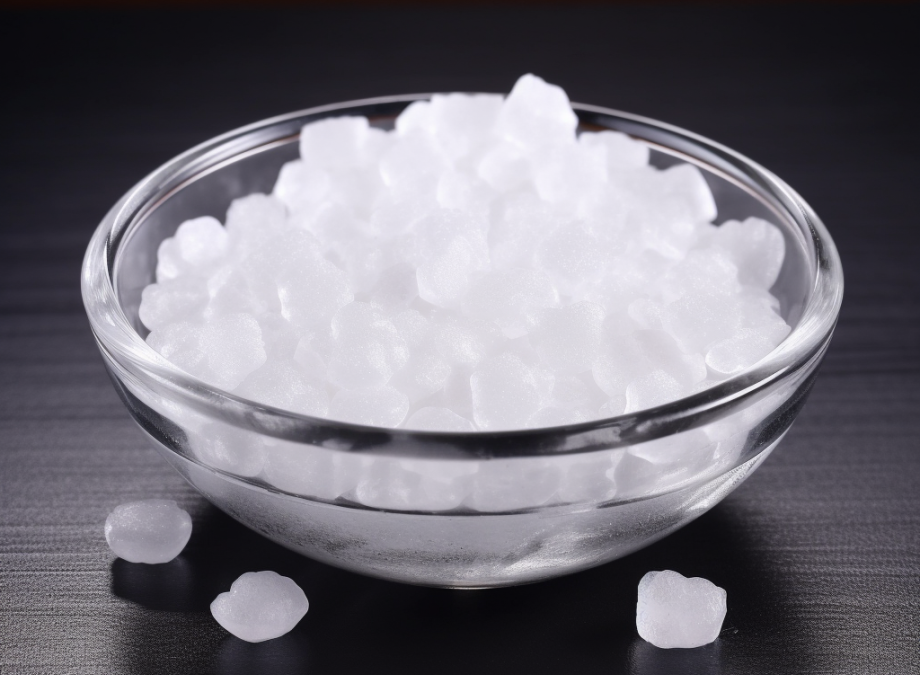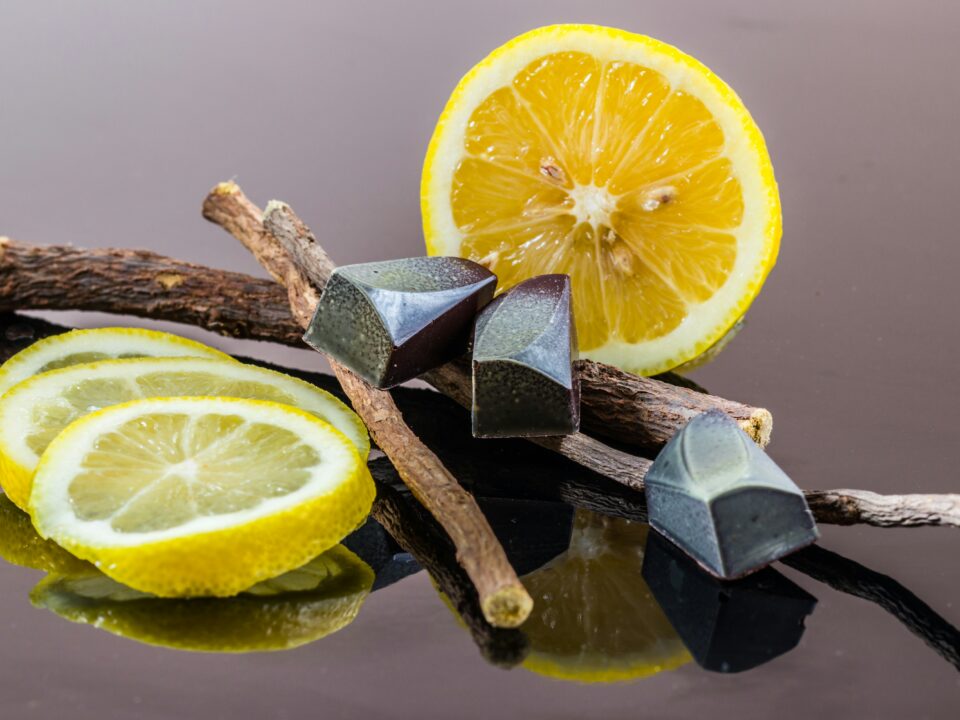
Cetyl alcohol is a white, waxy substance that is derived from natural sources such as coconut oil, palm oil, or vegetable oil.
Cetyl alcohol was first discovered in 1817 by the French chemist Michel Eugène Chevreul. Chevreul was a pioneer in the study of fatty acids and lipids and is credited with the discovery of several other fatty substances, including lecithin and cholesterol. Chevreul isolated cetyl alcohol from spermaceti, a waxy substance found in the head of sperm whales, which was used at the time in the manufacture of candles and other products. He named the substance “cetyl alcohol” because it was derived from the cetacean (whale) family.
Later, cetyl alcohol was found to be present in many other natural sources, including coconut oil, palm oil, and other vegetable oils. Today, cetyl alcohol is typically derived from these natural sources and is widely used in a variety of industries, including skincare, personal care, and cosmetics.
In skincare products, cetyl alcohol is used as an emollient, emulsifier, and thickener.
It acts as an emollient by forming a protective barrier on the skin’s surface to prevent moisture loss and keep the skin hydrated. It also functions as an emulsifier, which helps to combine water and oil-based ingredients in a product, making it easier to apply and spread evenly on the skin. Finally, it is used as a thickener to give products a rich, creamy texture.
Cetyl alcohol is considered safe for use in skincare products, even for sensitive skin. It has a low potential to cause skin irritation or allergic reactions.



